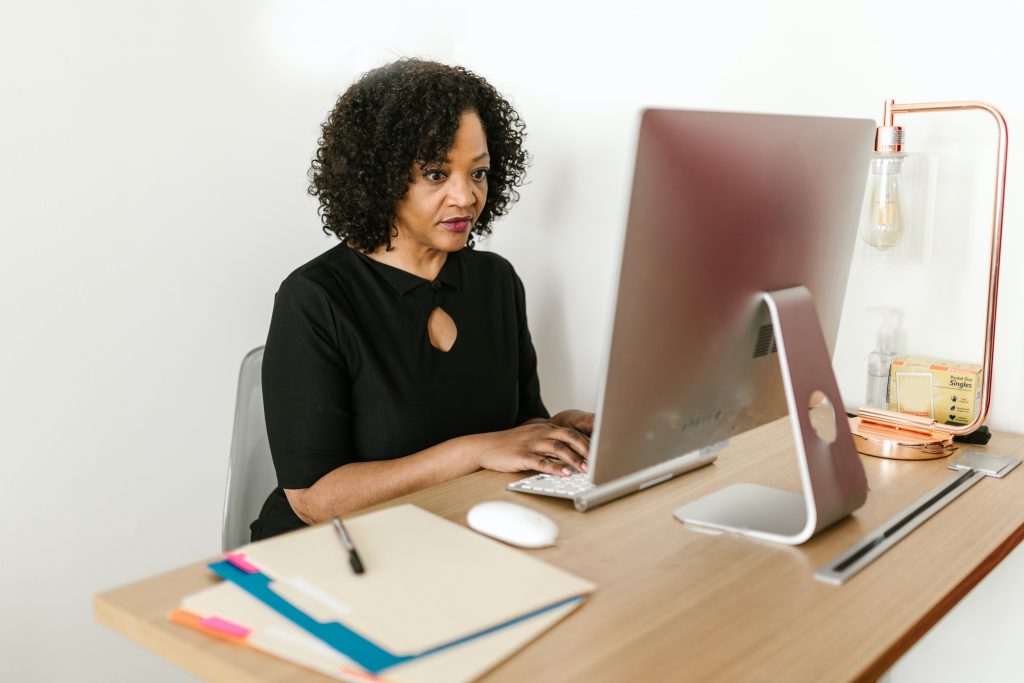Embracing Discomfort for Happiness and Growth

Learning to get comfortable with being uncomfortable is crucial for anyone on a path of personal growth and self-discovery.
I've never met anybody before that didn't want to be happy in life. I believe the natural state of being, as a human being, is one of growth and thriving. So if this is the case, why would we ever want to invite discomfort into our lives?
Learning how to manage and sit through discomfort is important because it's the only way that we can learn we're not actually limited by the stories of our mind. How often do we let uncomfortable thoughts and feelings dictate how we act and behave? How often do we let them limit how we show up in the world?
You and I both know the answer to this - often :)
Uncomfortable thoughts and feelings are the source of stress and anxiety. It's just a natural part of being alive. It's not about whether you'll experience stress and anxiety in life. It's just a matter of when and how will you manage it?
Many of us are very skilled at avoiding discomfort. We might try to ignore or suppress difficult thoughts and emotions. Out of sight, out of mind. Or is it?
When we try to avoid thinking about something, it gives us the illusion of control. It's an illusion because you can't actively NOT think about something. If I said, stop thinking about the color blue - you would have to think about the color blue to even determine if you were thinking about it or not.
And such is the same with negative thoughts and feelings. The more we don't want to experience them, the more our mind pays attention to them - whether consciously or not. The negative thoughts and feelings become more "powerful."
As we get older, it's common for many of us to stop pushing ourselves outside our comfort zones. We do what feels SAFE, in an effort to protect ourselves. To protect ourselves from the disappointment of failure. To protect ourselves from feelings that we're not good enough. Or that we don't deserve bigger and better things. We can slowly become rigid and inflexible.
This could be something small like always eating out at the same restaurants and ordering the same dishes. To bigger things like staying at a job you hate or settling for a relationship you're not passionate about.

These things can happen because we're so uncomfortable being uncomfortable. We become willing to sacrifice long-term happiness - just so that we don't have to be uncomfortable in the short-term. Because of this, emotions aren't always the best guide for us when making decisions, especially when we're under stress or pressure.
That's why it takes most people hitting rock bottom before they become open to change. Some of our most painful experiences in life turn out to be our greatest teachers. And it often isn't until we hit an all-time low that we begin to search for different way to show up in the world.
And so, we must cultivate our capacity to perform and take action - no matter how we're feeling. When we become comfortable with our discomfort - it actually gives us freedom. It gives us freedom because we no longer have to wait until we're feeling good before we're able to take action. Because the mind will always come up with excuses why NOW isn't the right time. Why NOW isn't perfect, or why the conditions aren't just right.
When we practice sitting through discomfort, we build resiliency. We practice how we wish to respond rather than react, in any given situation.
When we show up for ourselves even when we don't feel like doing something (that we know is ultimately good for us), we move past limiting beliefs and learn to better manage our stress and anxiety.
We also develop our capacity for deeper empathy and deeper compassion with others. When we can't sit with our own discomfort, we aren't able to sit with the discomfort of others as well.
Therefore, the more we are able to live outside our comfort zones, the greater our capacity to relate to others. It's only when we're open to new ideas and views can we hope for real growth and transformation - both within ourselves and in the world.
